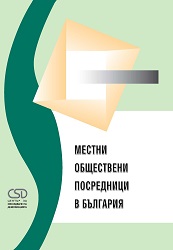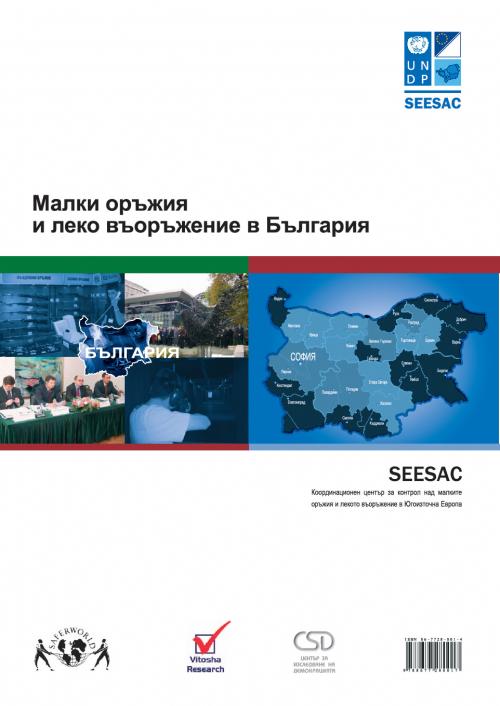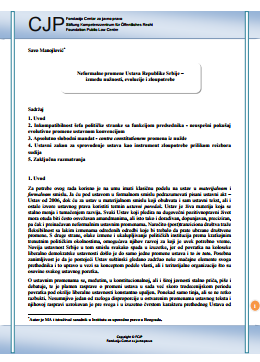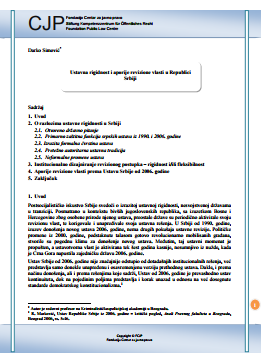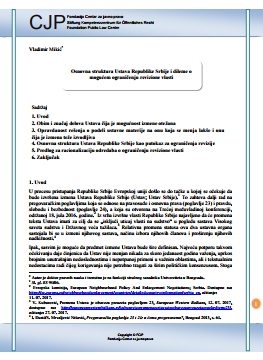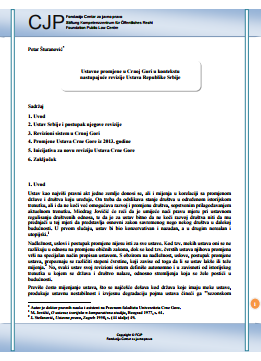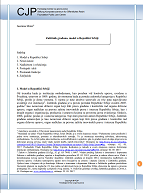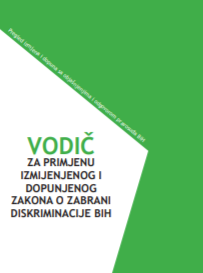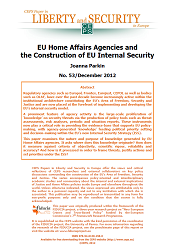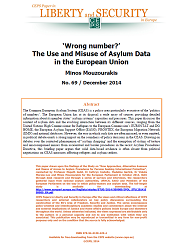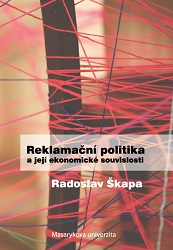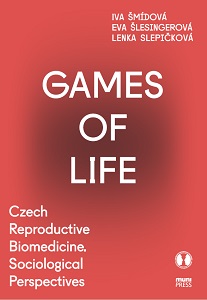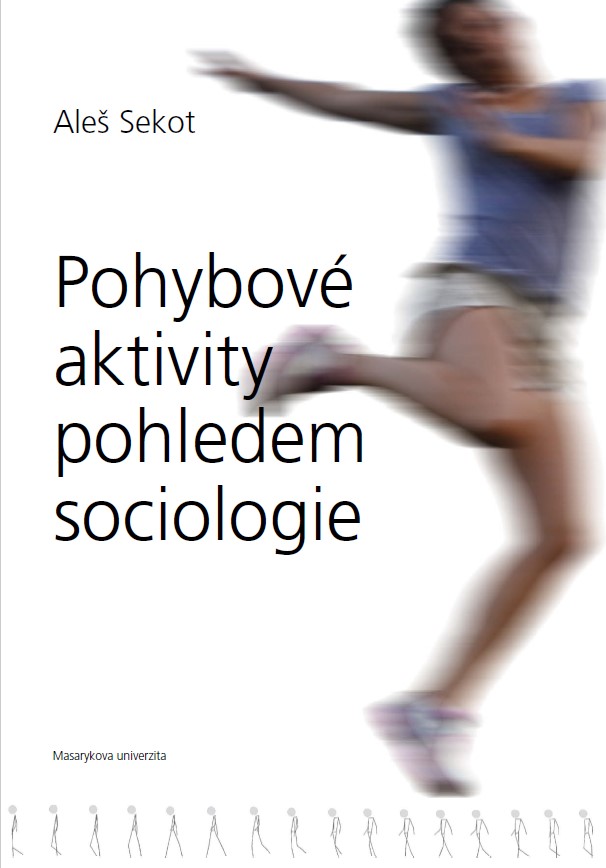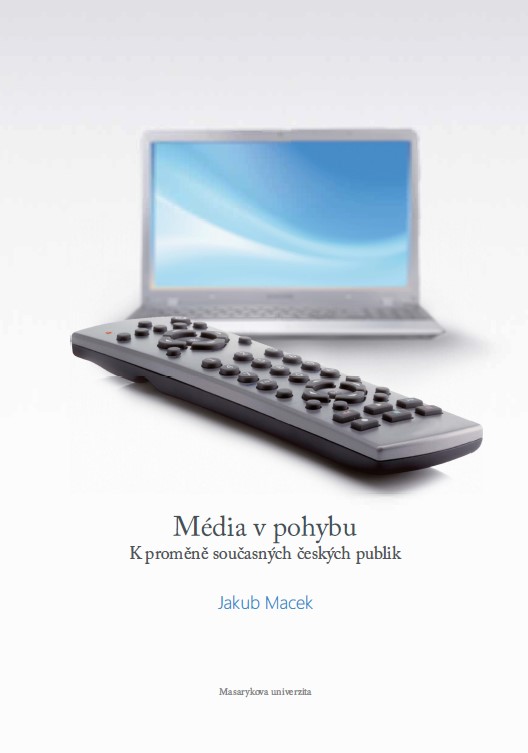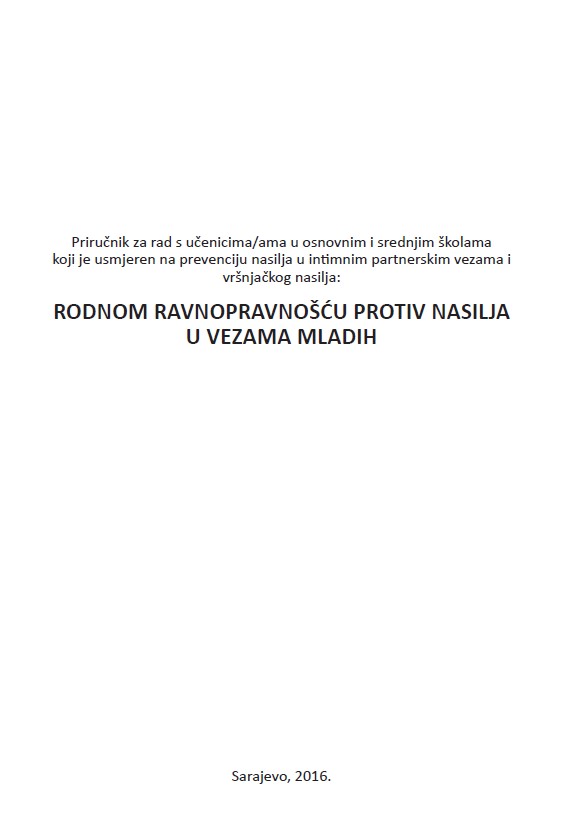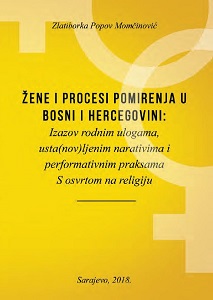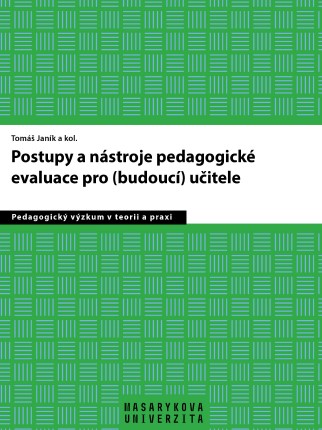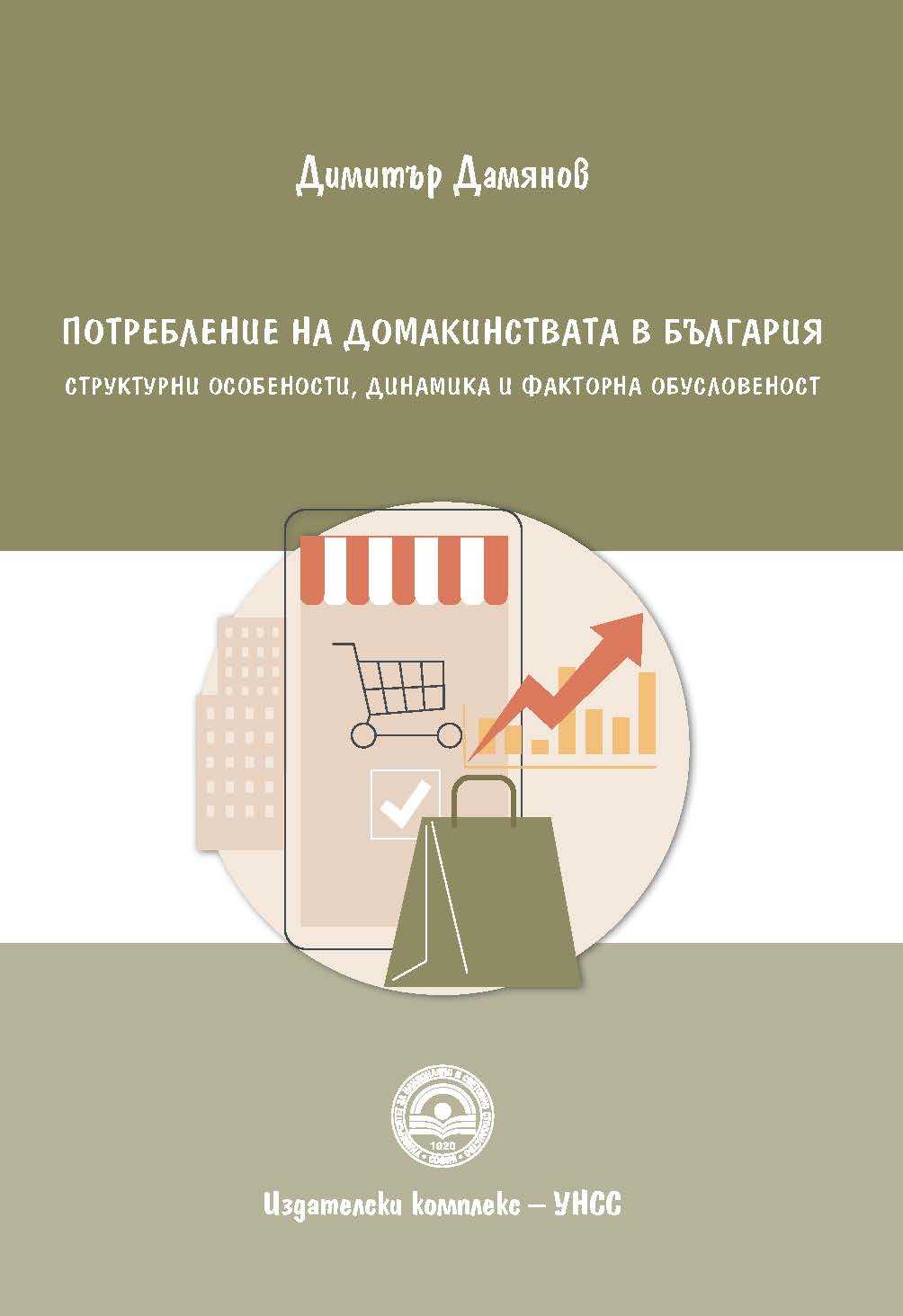Author(s): Jasmina Minić / Language(s): Serbian
Zaštitnik građana Republike Srbije je tokom deset godina svog postojanja uspeo, zahvaljujući čestim istupanjima u javnosti, predlozima za unapređenje položaja građana i svom internet sajtu koji je dostupan svima i na kojem se nalaze obrasci pritužbe, izveštaji o poštovanju prava i uočenim nedostacima u radu organa vlasti, da skrene pažnju na značaj institucije i postao dostupniji građanima, koji mu se, iz godine u godinu, u sve većem broju obraćaju. Tokom desetogodišnje prakse pokazalo se koji su to osnovni problemi u radu i funkcionisanju ove institucije, koji se izmenama zakona i pružanjem suštinske podrške od strane vlasti mogu prebroditi u interesu svih građana. Potrebno je, najpre, definisati pojmove zapaženo iskustvo i visoki moralni i stručni kvaliteti koji su uslov koji mora ispunjavati kandidat za Zaštitnika građana, pojmove nesavesno i nestručno obavljanje funkcije, koji mogu dovesti do njegovog razrešenja, kao i pojam političkih izjava čije davanje je Zaštitniku građana zabranjeno i koje, takođe, može dovesti do njegovog razrešenja, kako bi se sprečilo proizvoljno tumačenje i zloupotreba ovih pojmova. Mogućnost predlaganja kandidata za Zaštitnika građana treba dati građanima čime bi se unapredilo njihovo poverenje u instituciju, a predlaganje kandidata ne bi bilo isključivo u sferi podložnoj političkim uticajima, što poslaničke grupe svakako jesu. Kada su u pitanju uslovi koje moraju ispunjavati zamenici Zaštitnika građana, oni bi se morali u pogledu godina iskustva izjednačiti sa Zaštitnikom građana koji im prenosi ovlašćenja koja u punom obimu ostvaruju u odnosu prema subjektima čiji rad kontrolišu, posebno imajući u vidu da Zaštitnika građana, u slučaju odsutnosti ili sprečnosti da obavlja poslove, zamenjuje zamenik koga on odredi. Zakon predviđa pet specijalističkih oblasti Zaštitnika građana te bi se broj zamenika morao prilagoditi broju ovih oblasti ili eventualno, razmisliti o potrebi postojanja oblasti ravnopravnosti polova, u smislu postojanja Poverenika za zaštitu ravnopravnosti. Izmenama zakona je neophodno obezbediti punu nezavisnost Zaštitnika građana i to najpre finansijsku, koja je jedan od preduslova za postizanje organizacione i funkcionalne nezavisnosti. Zaštitnik građana mora imati mogućnost da budžetom koji je odobren za njegov rad samostalno raspolaže bez mogućnosti Vlade da bez saglasnosti Zaštitnika građana, obustavi, odloži ili ograniči izvršenje njegovog budžeta. Takođe, mogućnost Zaštitnika građana da, u okviru odobrenog budžeta, u skladu sa kadrovskim planom i aktom o sistematizaciji, samostalno zapošljava ili angažuje nova lica, ne sme biti uslovljena odobrenjem Administrativnog odbora Narodne skupštine, jer to utiče na efikasnost rada i predstavlja smetnju nezavisnosti. Posebnu pažnju treba posvetiti problemu koji se ogleda u tome što organi ne izvršavaju zakonom propisanu obavezu saradnje, odnosno izbegavaju je i postupak kontrole opstruišu na različite načine. Zbog toga je neophodno predvideti i sankcije za neizvršavanje obaveza koje su predviđene zakonom, a odnose se na saradnju sa Zaštitnikom građana, koji, za sada može samo snagom argumenata, ali i ličnim i institucionalnim autoritetom, uveriti u neophodnost otklanjanja propusta i unapređenja načina rada. Nepoštovanje i neprimenjivanje njegovih preporuka, mišljenja i inicijativa od strane subjekata kojima ih upućuje mora biti snabdeveno sankcijama koje poznaje pravni sistem, kao što je, na primer, novčana sankcija za organ i odgovorno lice u organu. Pored izmena koje bi doprinele nezavisnosti i efikasnijem radu Zaštitnika građana, potrebna je i izmena zakona koja bi doprinela očuvanju poverenja u ovu instituciju, a odnosi se na suspenziju Zaštitnika građana. U slučaju ispunjenja zakonskih uslova za suspenziju, ona bi trebalo da bude obavezna, a ne predviđena kao mogućnost, koja stoji na raspolaganju parlamentu.
More...
